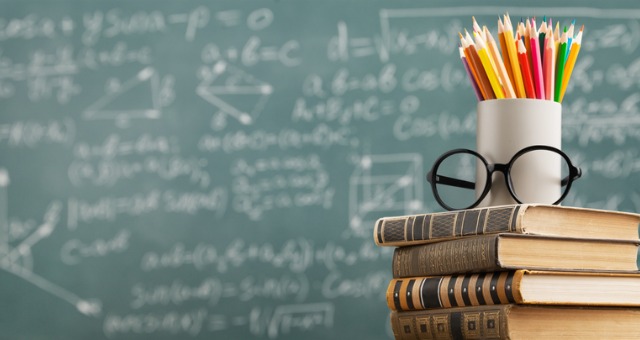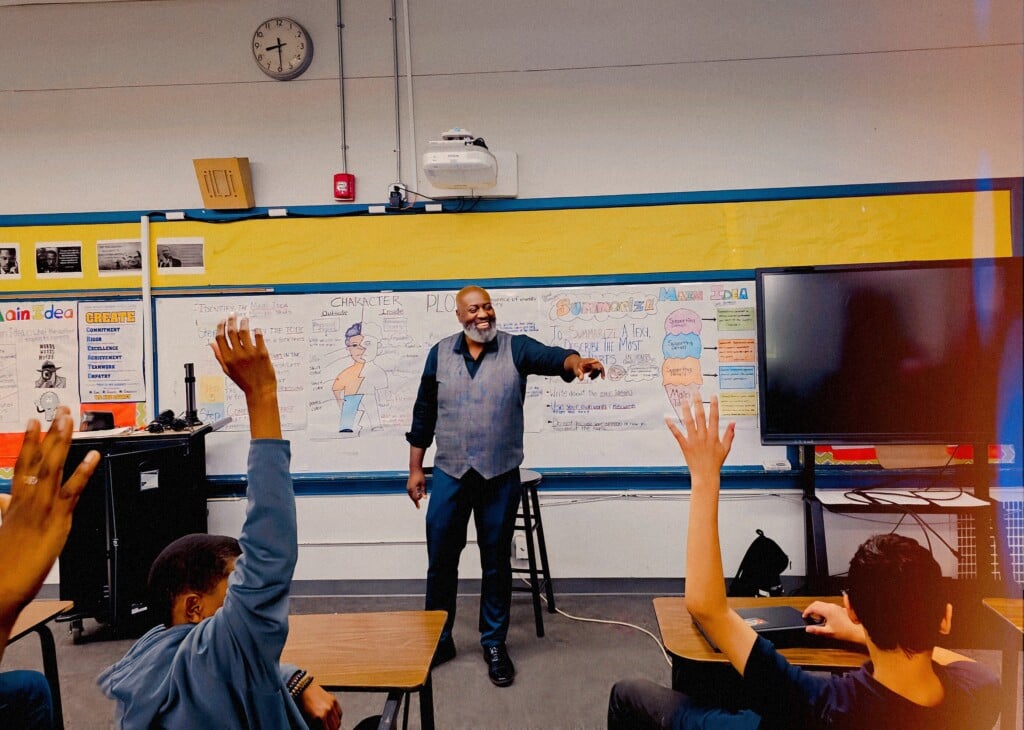Get Top Results with Primary Science Tuition Singapore from Experienced Tutors
Get Top Results with Primary Science Tuition Singapore from Experienced Tutors
Blog Article
Discovering the Various Training Strategies in Key Scientific Research Education And Learning Today
Inquiry-based discovering, hands-on experiments, and the integration of technology are redefining how educators involve young minds. Additionally, collective methods and separated guideline are being used to provide to the varied requirements of trainees, boosting both interaction and understanding.
Inquiry-Based Discovering
Inquiry-Based Learning (IBL) is a pedagogical method that motivates trainees to discover clinical principles with wondering about, investigation, and hands-on trial and error. This method highlights the function of pupils as active individuals in their learning, promoting essential thinking and analytical abilities. By involving with real-world questions, students end up being motivated and interested, which boosts their understanding of scientific concepts.
In IBL, instructors work as facilitators, leading trainees as they navigate their queries rather than supplying info straight. This student-centered method enables differentiation, accommodating different learning styles and rates. Students establish abilities in formulating theories, designing experiments, and analyzing data, which are important for scientific literacy.
In addition, IBL promotes collaboration amongst students, motivating them to share ideas and findings. This cumulative query promotes social skills and a sense of area within the class. Moreover, the procedure of questions encourages strength, as pupils find out to embrace failure as a stepping stone towards understanding.
Hands-On Experiments
Hands-on experiments are a vital part of reliable science education, enhancing the concepts of inquiry-based knowing. These experiments allow pupils to engage straight with scientific concepts, promoting a deeper understanding through experiential learning. By adjusting products and observing end results, young learners can grasp abstract theories in substantial ways.
Such tasks advertise essential thinking and analytical skills, as trainees assume end results, conduct experiments, and assess results. This procedure encourages them to ask inquiries, refine their understanding, and establish a clinical frame of mind. Hands-on experiments can be tailored to diverse understanding designs, making certain that all trainees have the possibility to engage meaningfully with the material.
Moreover, hands-on experiments often urge collaboration amongst peers, promoting synergy and interaction skills. Operating in teams enables pupils to share ideas, go over searchings for, and learn from each other, which enhances their general academic experience.
Incorporating hands-on experiments right into the primary science curriculum not just enhances the discovering environment yet additionally cultivates a long-lasting rate of interest in scientific research. By proactively participating in their education and learning, trainees are extra most likely to create a passion for scientific query that prolongs past the class.

Modern Technology Combination
Incorporating modern technology right into main scientific research education has come to be increasingly important in fostering student involvement and enhancing learning end results. The use of digital tools, such as interactive simulations, digital labs, and academic software, supplies trainees with possibilities to discover scientific ideas in ingenious ways. These sources assist in a much deeper understanding of intricate subjects by allowing students to imagine and control variables that would be unwise in a traditional classroom setup.
Additionally, technology integration encourages individualized discovering experiences. Trainees can advance at their very own rate, taking another look at difficult ideas with multimedia resources, which accommodate various knowing designs. This adaptability not only sustains individual growth but likewise cultivates a feeling of autonomy in students.
Additionally, technology acts as a bridge to real-world scientific research, linking pupils with current research useful site study and specialist payments. Accessibility to clinical journals and on the internet data sources broadens pupils' point of views on clinical query and cultivates crucial thinking skills.
Collaborative Knowing
Collective understanding plays a vital role in key science education and learning by promoting team effort and communication abilities among trainees. This technique urges students to collaborate, share understanding, and participate in analytic, which boosts their understanding of clinical principles. By taking part in group activities, students find out to express their concepts, listen to varied perspectives, and work out remedies, all of which are crucial abilities in both real-world and scholastic contexts.

Research study suggests that collaborative knowing can bring about increased inspiration and engagement in science topics, as students locate satisfaction in common experiences (primary science tuition Singapore). Furthermore, this strategy prepares students for future joint endeavors, furnishing them with the skills required for reliable teamwork in greater education and learning and specialist environments. Eventually, embracing joint learning in primary scientific research education and learning can significantly improve the learning experience and advertise a deeper understanding of clinical inquiry
Differentiated Guideline

Differentiated instruction can manifest in numerous ways, such as differing the web content, procedures, or products of knowing. As an example, teachers may use tiered jobs that provide differing levels of intricacy, enabling trainees to operate at their particular readiness levels. Additionally, adaptable grouping approaches can assist in collaboration amongst trainees with various abilities, fostering peer knowing.
Analysis plays a critical duty in this method, as it informs direction and assists teachers recognize each trainee's one-of-a-kind needs. Formative assessments, such as quizzes and monitorings, can lead teachers in adjusting their strategies to boost finding out outcomes. primary science tuition Singapore. Eventually, by executing differentiated instruction in primary science education and learning, instructors can cultivate an extra effective and fair learning setting, equipping all trainees to reach their full potential in understanding clinical phenomena
Final Thought
In recap, the varied training methods in key scientific research education, consisting of inquiry-based understanding, hands-on experiments, innovation combination, collaborative understanding, and distinguished guideline, jointly add to a more efficient discovering setting. These approaches promote important reasoning, analytic abilities, and a much deeper comprehension of scientific concepts. By executing these methods, instructors can create engaging and supportive classrooms that attend to the different demands of students, ultimately promoting a lifelong rate of interest in science and improving academic achievement.
Inquiry-Based Knowing (IBL) is a pedagogical method that motivates students to explore clinical principles via doubting, investigation, and hands-on experimentation.Collaborative learning plays an important function in main science education by fostering teamwork and interaction abilities among students.Study shows that joint understanding can lead to raised motivation and interaction in scientific research topics, as students locate satisfaction in shared experiences.In fostering a informative post comprehensive knowing setting, distinguished guideline emerges as a crucial technique to accommodate the varied needs and capacities of students in key science education and learning. Ultimately, by applying separated instruction in main scientific research education, instructors can cultivate a much more reliable and equitable understanding atmosphere, encouraging all students to reach their full possibility in recognizing scientific sensations.
Report this page